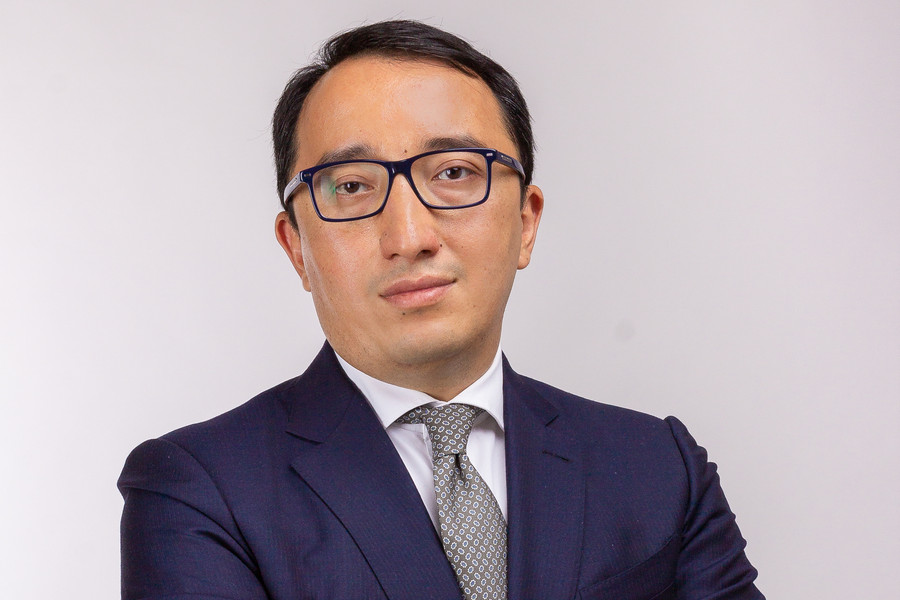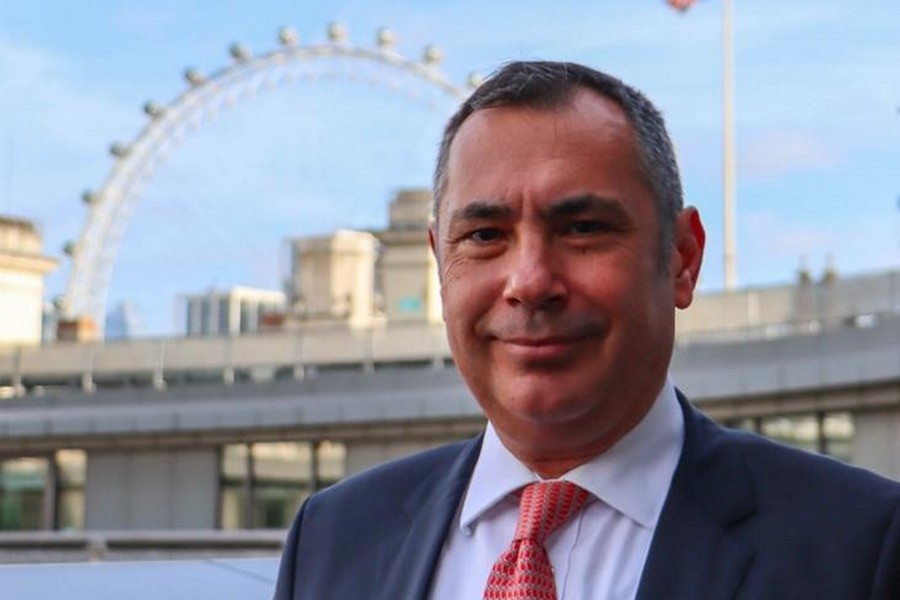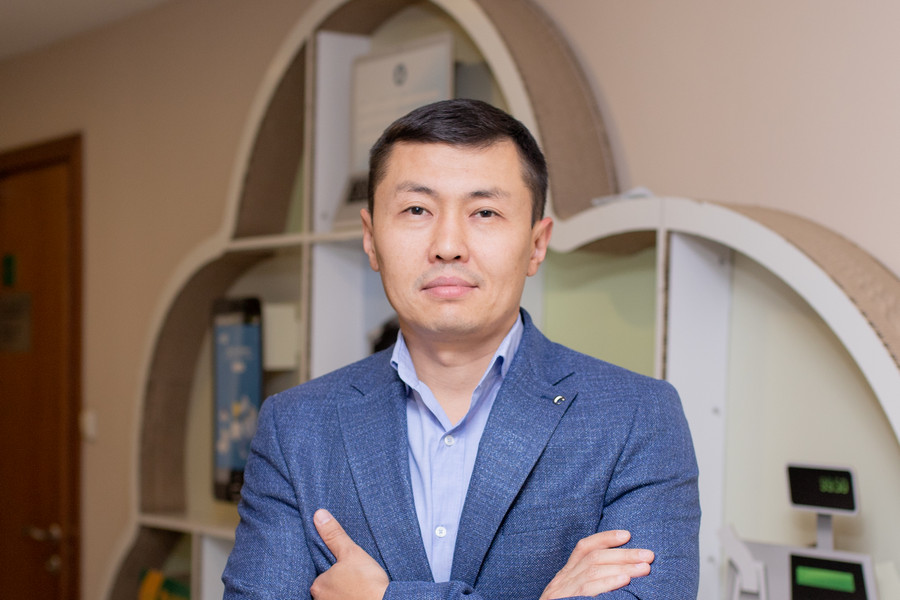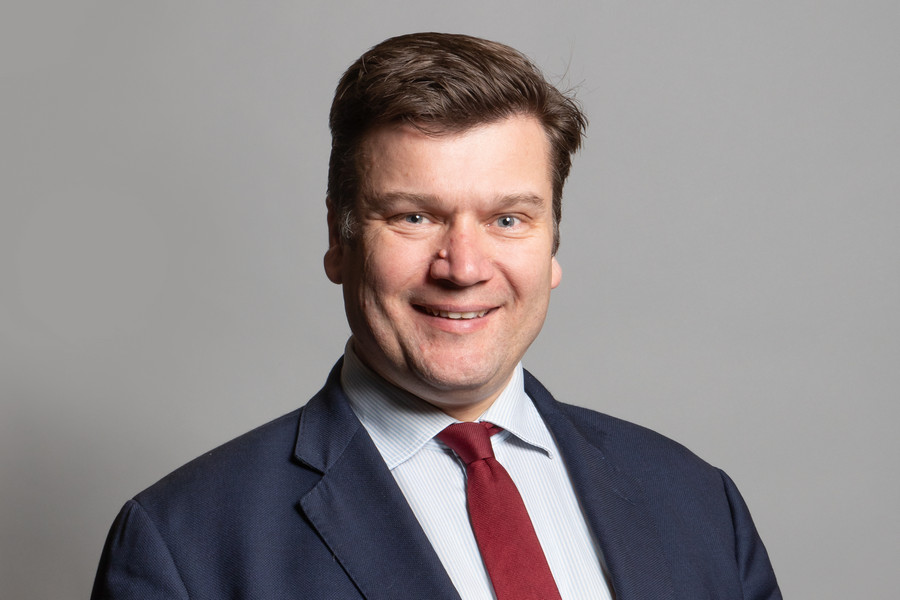Kazakh President's Advisor Yermukhamet YERTYSBAYEV:
"PRESIDENTIAL ELECTIONS IN KAZAKHSTAN WILL NEVER BE ABOLISHED"

On May 13 the Kazakh parliament adopted two laws that grant the first Kazakh President Nursultan Nazarbayev the leader-of-the-nation status. The president has neither signed nor rejected the laws yet. According to the law, he is to make a decision within a month after receiving the laws adopted by the parliament. Yermukhamet YERTYSBAYEV, the political advisor of the Kazakh President, has kindly agreed to comment on the two laws in an exclusive interview with Interfax-Kazakhstan.
- Mr Yertysbayev, why do you think the parliament reviewed and adopted the leader-of-the-nation bills in such haste? Though, initially the Majilis planned to give its opinion about the bills by June 25.
- Decisions of that kind are usually made very quickly. The same happened in 1991 when presidential elections were announced quite unexpectedly and Nursultan Nazarbayev was elected president uncontested on December 1. In December 1993 the Supreme Council was dissolved within a few days. The same thing happened, suddenly and very quickly, to the parliament a year later. The situation had been changing so rapidly that the opponents could do nothing better but watch it with their jaws dropped. The Kazakh elite was no less surprised in 1995 when the president's term was extended and the Constitution adopted.
There is no point in waiting till June 25 when we have a one-party parliament where all the seats are occupied by the members of the Nur Otan Party who adhere to a strict party discipline.
- What are the chances the president will veto the laws on the leader of the nation or some of their clauses? The president is said to have sounded rather unenthusiastic about the bills when speaking at a meeting of the political bureau of the Nur Otan Party on May 11.
- Theoretically the president may veto the bills. But if he asked me as his political advisor I would strongly recommend him not to do it.
The members of both the Majilis and the Senate have a profound respect for the president. If he vetoes the laws he will destroy their faith in him, as they view him as guarantee of stability and steady development of the country as long as his stays in office till 2020.
An individual must never forget those public forces that bestow trust upon him and support him. What really matters is the succession of power to ensure consistent, predictable and sustainable development of the country in the upcoming years.
Nazarbayev is a world-class politician, and he cannot help influencing the domestic and foreign policy of Kazakhstan after stepping down. Everyone understands that, so "de facto" has been made "de jure".
- The opposition disagrees on the new laws. Some of the opposing parties are strictly against them, as they deem that the "Leader of the nation" concept is a moral attribute rather than a judiciary term. However, the other party, i.e. the Leader of Ak Zhol Party Alikhan Baymenov, welcomes these laws provided that they are "aimed at modernization of Kazakhstan's political system." From your perspective, why didn't the opposition form a united front to protest the initiative? What response did you expect from the opposition?
- Unlike Bulat Abilov (one of Azat party leaders), Alikhan Baimenov had served as the head of the presidential administration and used to be a member of the government. Consequently, he knows all the subtleties of the decision making at such level. It goes without saying that Kazakhstan's political system has to be improved and will be.
It is natural that the opposition has found no unanimity on the issue. The political and ideological pluralism and discordance of opinions, clashes and discussions are the reality of the political opposition. Conversely, the ideological monism and iron discipline are the core principles of the ruling party Nur Otan.
- Reporters and public have not yet been presented an opportunity to study the bills. Thus, the principal point still remains unclear: will the said laws affect Presidential elections? As you know, many people still believe that Nazarbayev will hold presidency for lifeЕ
- The constitution is the fundamental law; there is no law more powerful than the constitution, including the "leader of the nation" law. The constitution says that people are the source of power, Kazakhstan is a democratic country and has ruling bodies, including the main bearer of power, the president, which must be elected. Therefore, no one has the authority to abolish the elections.
Kazakhstan has its own experience: Nazarbayev was elected in 1991, 1999 and 2005. Nazarbayev has no need for "the leader of the nation" status as long as he remains the president. The status will be in effect after another person takes the presidential post. Evidently, that candidate will have to win the election first. This is my perspective.
- The Parliament-adopted amendments on coordination of key strategies in the domestic and foreign policy by the future leadership of the country with the leader of the nation, were viewed by observers in Kazakhstan and abroad as preparation for the president to step down and has a successor under his full control. Do you see it happening before 2012?
- Theoretically, it may happen this year, but I am strongly against it. The people of Kazakhstan gave their trust and support to Nazarbayev in December 2005. It's his duty to remain in power until December 2012.
I totally disagree with the opinion that the second Kazakh President will be fully accountable to Nursultan Nazarbayev, a leader of the nation.
I've known Nazarbayev for 20 years and had experience of working for him as a minister, when I had to report to him directly, in other words I know him as a subordinate as well. All stories and tales of the opposition that "Nazarbayev is a dictator, who craves an unlimited power" is total nonsense that has no truth to it. He has always sought the opinion of his subordinates. He can be argued with, though with caution, and even convinced. It's extremely rare when he gives strict instructions that must be followed without any questions asked.
- Some experts compare Kazakhstan's mechanism of gradual transfer of power with the Asian political model (Singapore - Lee Kuan Yew, China - Deng Xiaoping). This model has very recently been used in Tatarstan, where the self-perpetuating leader of the republic Mentimir Shaimiyev resigned and took a specially tailored post of a state adviser with a scope of duties very similar to those set forth in the laws on the leader of the nation of Kazakhstan. Is it appropriate to make a comparison like this?
- Your examples are quite relevant.
You must understand that the next president will be asking Nazarbayev for advice on strategic issues in foreign and domestic policy, even if the law on the leader of the nation never comes into force. The parliament adopted the law that is needed first and foremost by the public and political elite, which cares about the present and the future of the country.
- Thank you for the interview!
Nursultan Nazarbayev, who is turning 70 in July, was first elected president of Kazakhstan, at that moment the Kazakh Social Soviet Republic which was part of the USSR, 20 year ago on April 24, 1990.
Since then Nursultan Nazarbayev has been elected president of the independent Kazakhstan a few times through direct elections - in 1991, 1999, 2005. In 1995 his term as president of Kazakhstan was extended by the national referendum.
The current presidential term of Nursultan Nazarbayev expires in 2012.
In 2007 the parliament amended the law to allow Nursultan Nazarbayev to run for president an unlimited number of times.
Today the presidential term is 7 years which will be reduced to five years starting 2012.
May, 2010
й 2010 Interfax-Kazakhstan news agency
References are obligatory
May, 2010
© 2024 Interfax-Kazakhstan news agency
Copying and use of these materials without reference to the source is prohibited
Archive






